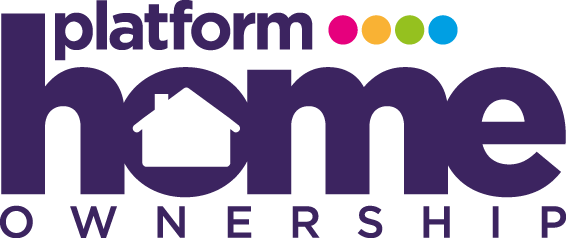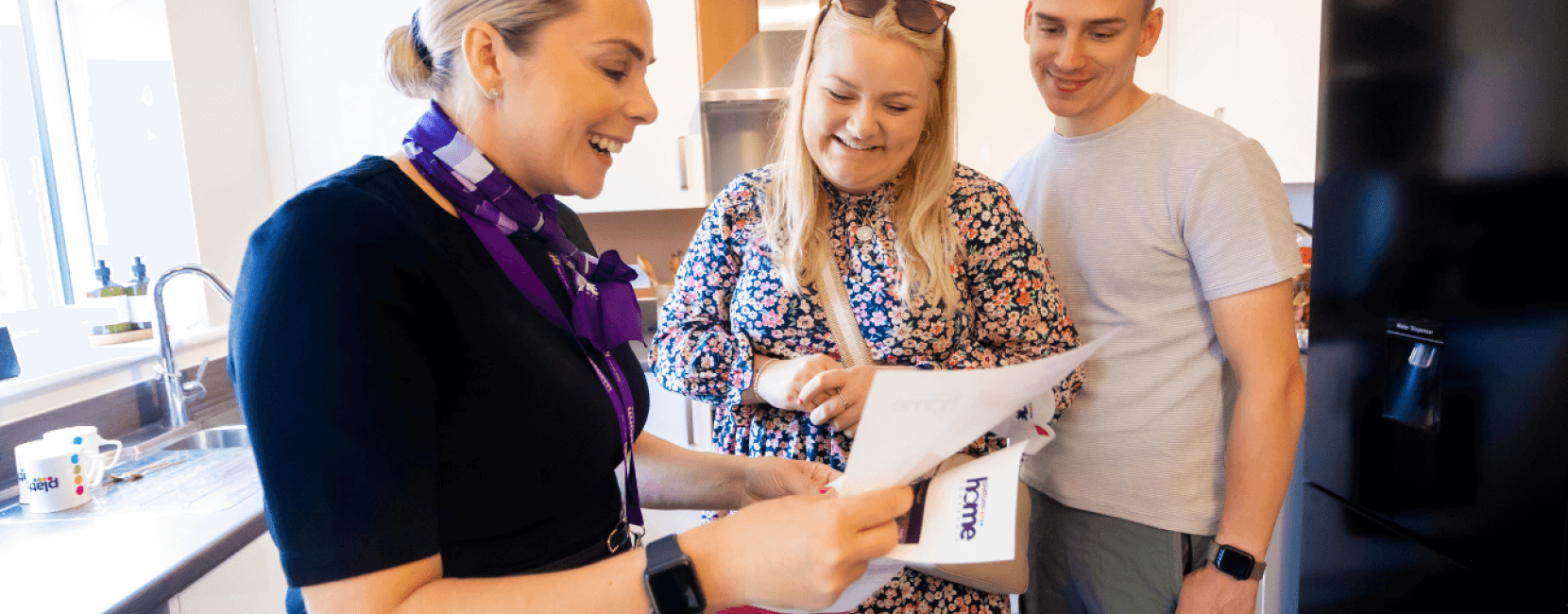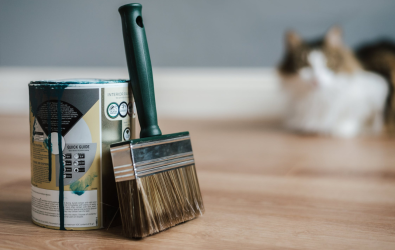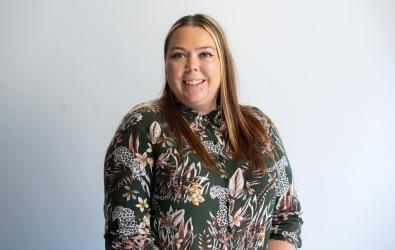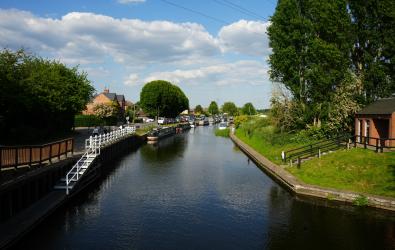If you’re buying through shared ownership, you’ll need a shared ownership mortgage. This is another type of mortgage and differs from a residential mortgage in that you’re just buying a share of a property, rather than the whole property.
Shared ownership mortgages are useful for buyers struggling to raise a big deposit, as you generally need a much lower initial amount. This is why shared ownership is extremely popular with first-time buyers.
These types of mortgages are sometimes referred to as a ‘part buy, part rent’ mortgage and they’re generally offered by housing associations that operate in the shared ownership space.
Who is eligible for a shared ownership mortgage?
If you’re applying for a shared ownership mortgage, it’s important to check if you’re eligible. These types of mortgages come with some additional stipulations so make sure you fit the criteria before you start the process.
Shared ownership mortgages are available to people permanently living in the UK and are:
• First-time buyers
• Previous homeowners who now can’t afford to buy outright
• Already living in a shared ownership home
• Renting a council or housing association property
• Households that earn less than £80,000. This changes to £90,000 if you’re in London
If you fit the bill, you can start the application process through your preferred housing association via the shared ownership scheme.
How to get a shared ownership mortgage
It’s relatively simple to start the process of getting a shared ownership mortgage. First things first, contact your housing association.
You’ll want to work with a housing association that has a great track record of delivering schemes and obviously, has a property in an area that you’re looking to buy.
At Platform, for example, we have several shared ownership developments nationwide, offering buyers an affordable route into home ownership.
Once you’ve got in touch and registered your interest, you’ll undergo some checks based on the following:
Income - Do you have enough money coming in and out to feasibly pay the mortgage payments and subsidised rent payments?
Savings - In most cases, you’ll need some savings - excluding the mortgage deposit - to cover the costs accrued during the purchase process including things like the reservation fee, mortgage advisor fee and valuation fee.
Credit History - When you apply for a shared ownership mortgage, your credit history is checked as part of the application process. A bad credit history can mean that your application is turned down so it’s important to understand your credit score early on and how it might impact your purchase.
Preferred Location - When you buy through a housing association, you’ll typically need a local connection to the area that you’re buying in. Local connections might be: close family in the area, you’ve already lived in the area for several months or you work in the area.
At the same time, the amount you can borrow is determined and based on the following:
• Your income
• The cost of the mortgage
• Rent
• Services charges and ground rent
If you pass all of these checks, you’ll then receive mortgage offers and can start looking for your perfect home.
Why was my shared ownership mortgage application unsuccessful?
At Platform, we’ve seen times when a candidate may set their heart on a shared ownership property, only to have their application rejected. We have years of experience in guiding people through the process of buying and some of the common reasons for an unsuccessful application are as follows:
You didn’t check your eligibility
Shared ownership requires you to meet clear eligibility criteria since it’s a government-backed scheme. While eligibility can differ between developments and local authorities, there are some fundamentals that you have to meet. You can read more about shared ownership eligibility here.
You have a bad credit score
A poor credit history can impact your opportunity to buy or mean that you end up paying a higher rate of interest. It’s a good idea to understand your credit score before you apply and it’s a great idea to speak with a mortgage advisor before you start, as several credit checks on your history in a short space of time may look suspicious to lenders.
You didn’t have enough deposit
While the deposit for a shared ownership property is generally much lower, you still need to pull one together based on the share you’re buying. Traditionally this is 10% of the share value, although you may opt for 5% depending on the lender. Make sure that you speak with a mortgage advisor or your housing association before getting your deposit together.
Your employer situation is unstable
When you’re being considered for a shared ownership mortgage, lenders will look at your income and your income sources. They want to know that you’re earning enough and the stability of your income. Lenders usually need previous payslips to document your employment and if it changes during the process, it can cause delays to the purchase overall.
As you’d imagine, a change from a salaried position to a self-employed position can also impact the process and lenders will often have an issue with approving you for a mortgage.
